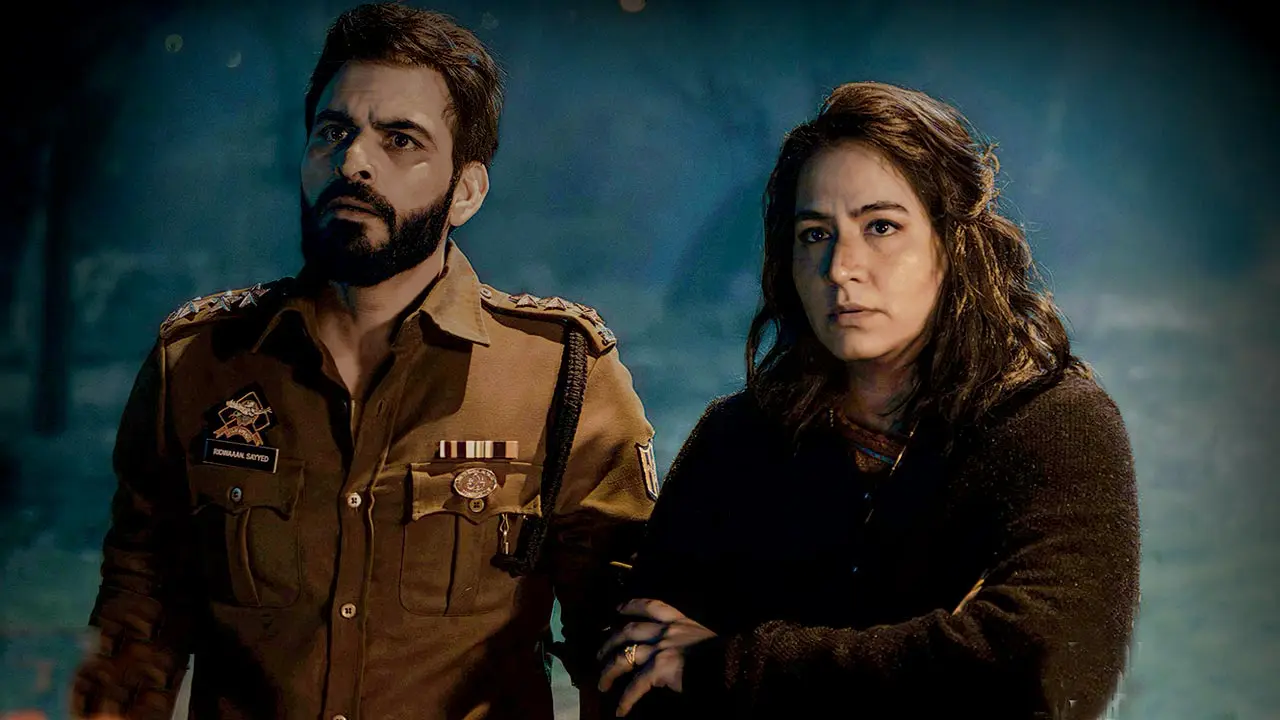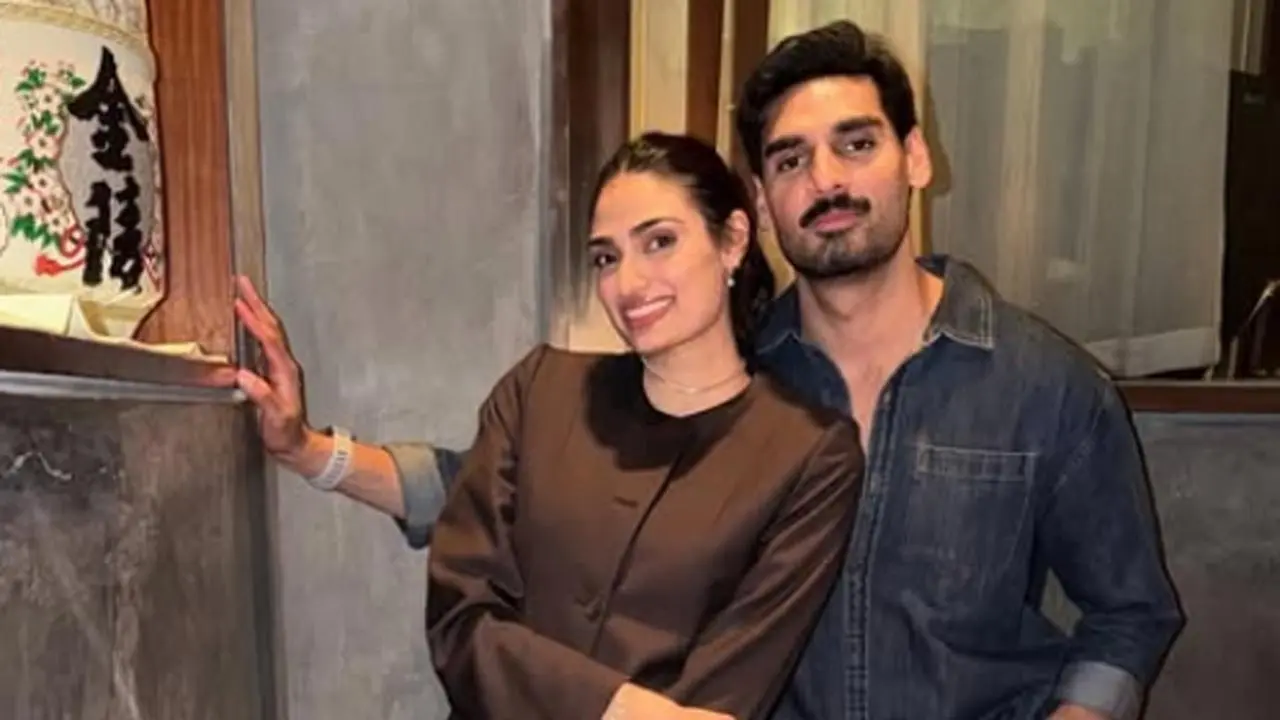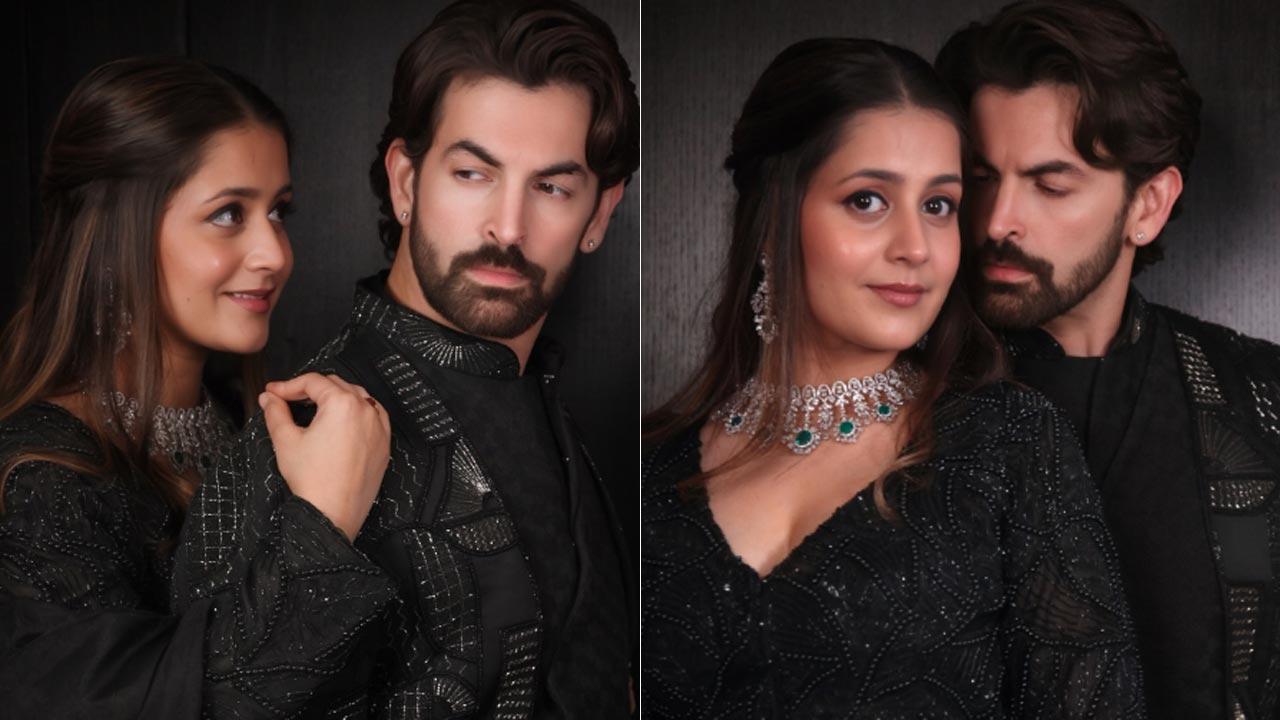As someone who graduated in electronics and telecom engineering, Aditya Suhas Jambhale is a science buff. Yet, the engineer-turned-director loves worlds where one can imagine beyond what is “scientifically justified”. It is from this instinct that his second Hindi feature, Baramulla, is born. “I didn’t want jump-scare horror in Kashmir. The challenge was whether we can make something rooted in whispers that locals grow up with,” starts the director about the upcoming Manav Kaul-starrer.
Producer Aditya Dhar first floated the idea of a horror film set in Kashmir, even sharing a three-page draft. Jambhale took it and disappeared to Goa for months. “I told Aditya, ‘If I’m doing this, I have to change everything’,” recalls Jambhale. He finally returned with a 120-plus-page new script that was approved almost instantly by Dhar.
Aditya Jambhale
The upcoming Netflix film weaves the lore of the Valley as it tells the story of Kaul’s police officer investigating the mysterious disappearance of children in Kashmir. Jambhale’s research began in Goa, where several Kashmiris now live, before he travelled to Kashmir and heard their tales — about not stepping out after sundown in certain parts of Baramulla, and winter evenings that turn the Valley a smoky grey. He won’t reveal specifics because a lot of it is crucial to the movie’s suspense. “I want the audience to Google later and say, ‘Oh, this is real’. I want to resist spoon-feeding. If you explain every myth, it kills the magic.”
But he’ll underline one thing — that the supernatural is often influenced by geography. “Every place has its horror. Kashmir’s lore can’t be separated from its sociopolitics,” he observes.
The director shot the Kaul and Bhasha Sumbli-starrer in Srinagar, Baramulla, Gulmarg, and Pahalgam over 23 days, in minus eight degrees. Plus, the shadow of politics lingered. “Locals worry about portrayal. But as a filmmaker, my job is to be truthful to the story,” he says, adding that Baramulla — like his previous offering Article 370 (2024) — makes a point. “Expect neutrality from the media, not from artistes. If I empathise with a character’s pain and am biased toward them, that’s storytelling. You may disagree with my ideology and that’s democracy. Baramulla carries a point too and I’m proud of that.”
Can cinema help us understand Kashmiri culture beyond strife? “The idea is to show Kashmir in a different light. A film like this shows how empathy should work.”











